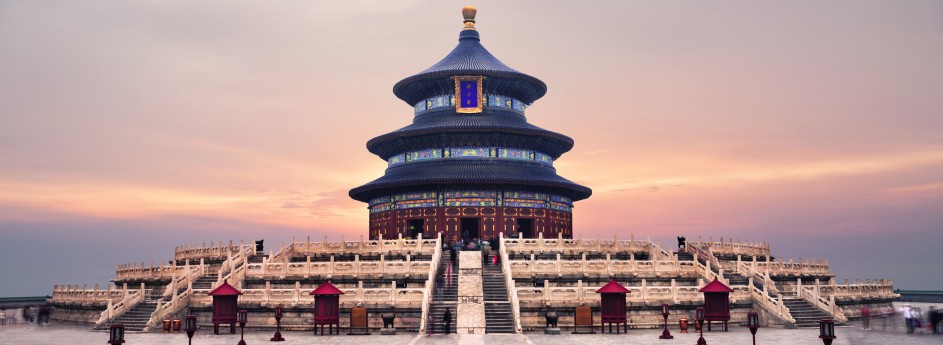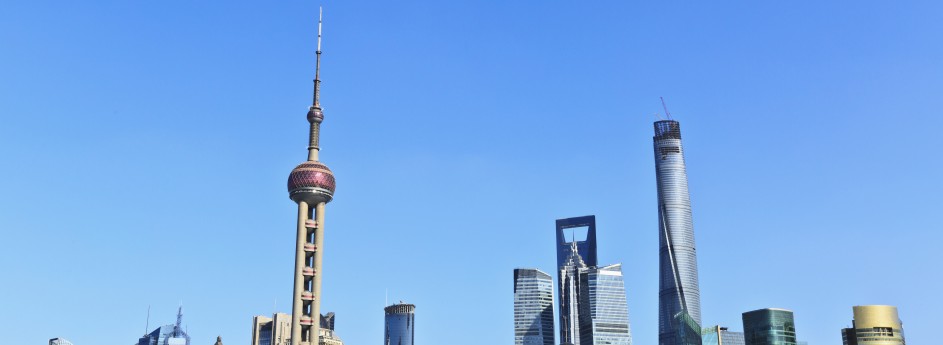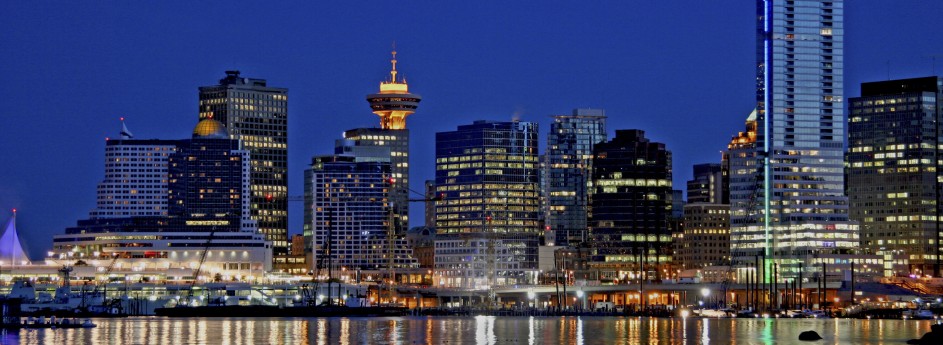Forbes Columnist: Why the US Did Not Prevent Crisis Over Diaoyus
Excellent commentary by Stephen Harner on America’s role in the escalating dispute over the Diaoyus.
——————-
The Senkaku/Diaoyu island territorial dispute is the greatest crisis in Japan-China relations in 60 years.
Second only to nuclear weapons development on North Korea and Iran, it is the most dangerous potential casus belli in the world today, and it likely to remain so indefinitely.
It is a crisis between and among the Japan, China, and—because of the U.S.-Japan security alliance—the United States, world’s three largest economies, possessing among them the world’s most formidable military arsenals.
The gravity and danger of the Japan-China Senkaku/Diaoyu territorial dispute are such that we would expect all parties concerned to have striven to prevent it escalating into a potentially hostile conflict
Why then, we must ask, did they not? More to the most critical point, why did the United States—which could have vetoed Japanese ‘nationalization’ of the islands, the action that guaranteed a full blown crisis—not do so?
Let me repeat: it was U.S. acquiescence in (if not encouragement of) the Noda government’s decision to nationalize the disputed islands—creating a direct and immediate challenge to China’s claim to sovereignty—that enabled this crisis.
If I may be a bit insensitive, aside from the tragic loss of life, against the enormity of the blunder in this case, the failures of U.S. policies and negligence in Benghazi, or even the naive wrong-footed dealing with the Arab Spring, are as superficial pinpricks against a gaping, life-sapping self-inflicted wound.
But, unlike toward Benghazi, there have been no congressional hearings on this egregious policy blunder. Rather, John Kerry, the erstwhile chairman of the U.S. Senate Foreign Relations Committee—where such hearings might have taken place—now occupies the office of U.S, Secretary of State, taking over from Hillary Clinton, who would bear the greatest culpability, ensuring—with the complicity of a Democratic Senate and ever-compliant pro-Obama foreign policy press–a continued cover-up.
There should be no doubt that the U.S. did in fact sanction Japan’s nationalization of the islands in September last year. In an interview with Asahi Shimbun published on October 31, 2012, the current Japanese ambassador to the U.S. Sasae Kenichiro states that before even approaching and seeking to mollify China, Japan solicited the position of the United States on nationalization and was told that the U.S. “did not oppose.”
We should expect that the “no opposition” policy message was delivered through diplomatic channels, i.e. through Hillary’s State Department, though the policy was almost certainly a product of the normal, often drawn-out and contentious inter-agency “clearing” process, in which—we must assume in this case—the input of the Department of Defense was heavily weighted. But DoD’s position should not have been—and I would guess was not—uncontested. And if it had been strongly contested by the State Department (i.e., in the official position adopted through State’s own internal “clearing” process), I doubt that the “no opposition” policy would have emerged.
The policy must have been violently controversial and contentious within State—pitting, at minimum, the “Chrysanthemum Club” on the Japan Desk against the heralds of the G2 world on the China Desk–for two reasons: 1. It was a sharp break with and effective change in long established U.S. policy toward the sovereignty of the islands; and, 2. There could have been no doubt about the furious reaction and sense of U.S. treachery and betrayal that the policy would engender in Beijing.
As to long-standing U.S. policy, from the end of WWII, and more explicitly from the return to Japan of sovereignty over Okinawa in 1971, the U.S. position had been unambiguous: while the U.S. “acknowledged” Japanese administrative control over the islands, the U.S. “takes no position on the ultimate sovereignty” of the islands. (Until recently the islands were referred to in U.S. diplomatic documents by both Senkaku and Diaoyu in a way that underlined that the U.S. was siding neither with Japanese nor Chinese—or Taiwanese—sovereign claims.)
After a hopeful start in U.S.-China relations, the pinnacle of which may have been the second U.S.-China Strategic and Economic Dialogue held in Beijing in May 2010. Then riding high, Secretary of State Clinton headed a U.S. delegation comprising over a dozen U.S. cabinet members and agency heads including Treasury Secretary Geithner, Fed Chairman Bernanke, Council of Economic Advisors Chairwoman Romer, USTR Kirk, and Commerce Secretary (now ambassador) Gary Locke. Jon Huntsman was then U.S. ambassador.
The relationship has seemed to cascade downhill from there, taking an increasingly militaristic, and confrontational tone, as the U.S. announced its defense structure “pivot” to Asia and WWII and Cold War legacy “alliances” emboldened the Philippines—and, indeed, Japan—to push back against or further press their own claims in territorial disputes with China, with Hillary in public fora often offering moral support.
Relations between nations, especially great nations, should be and usually are based on cool calculations of national interests, not on personal feelings or personalities. I cannot help but suspect, however, that China’s leaders’ refusal to be included among Hillary Clinton’s admirers served to harden and bias her attitude toward China in a way that redounded in favor of hard line nationalists in Tokyo.
How else to explain her acceptance—in approving Japan’s nationalization of the Senkaku/Diaoyu islands–of a clearly provocative and unnecessary change in U.S. policy that has served the interests of none of the parties, least of all perhaps the United States?
– Forbes
Qu Wanting is Vancouver Tourism Ambassador
Virtually unknown on the mainland, the Chinese singer-songwriter’s profile got a huge boost last Sunday with her appearance on CCTV’s Spring Festival Gala which was watched by more than 700 million people.
See video interview and photo gallery on:
China Investing in Infrastructure for the Future, US Not: Writer
A common observation of first-time Chinese visitors to America’s largest cities such as Chicago or New York is: “The roads and streets are so old and worn down. Feels like going to the Chinese countryside!”. Yep, many of America’s highways are over half a century old. Needless to say, the article writer’s comments on Amtrak point to severe dilemmas faced by US federal and state governments in transport and other infrastructure investment.
China’s high speed trains are more than twice as fast as the fastest Amtrak route (even sub-high speed trains are faster) and its HSR system will link most (all of) China’s largest cities by the end of the decade. The US will continue to be unable to repair its crumbling roads and railways without the Congress biting the bullet on entitlements at the expense of critically needed infrastructure spending. Otherwise, the writer’s son will indeed be riding trains ten times slower than China’s and earning much lower wages than his Chinese counterparts.
A recent Heritage Foundation Backgrounder on the consequences of US’s high debt, citing figures from the Congressional Budget Office’s (CBO) 2012 Long-Term Budgetary Outlook, states that US spending on entitlements and debt interest will remain at around 23-24% of GDP until 2018 as tax revenues linger at about 18%. This means annual budgetary shortfalls of 5-6%. America’s total public debt is already more than 100% of annual GDP and that’s not counting private debt.
And the picture gets even worse after 2018. From that year onward, the CBO estimates that spending on entitlements and interest etc. will steadily rise to near 36% of GDP by 2037 if drastic action is not taken! The consequences for the US, says the Heritage Foundation, are spiking interest rates, much higher inflation, and the crowding out of private investment, let alone what it portends for America’s infrastructure spending.
“US debt is quickly approaching economically damaging levels. US lawmakers should delay no more. Congress and the Presidernt should take firm and immediate steps to balance the budget within 10 years, by cutting spending and reforming the entitlements”, the foundation called out.
——————–
A train ride between New York and Washington, muses Uwe Bott, epitomizes the deteriorating public transportation infrastructure in the United States. Sadly, there appears to be little hope for future improvement. That failure reflects a refusal of the United States to understand investments and returns, an understanding the Chinese already have.
For full article, see: http://www.theglobalist.com/StoryId.aspx?StoryId=9905




